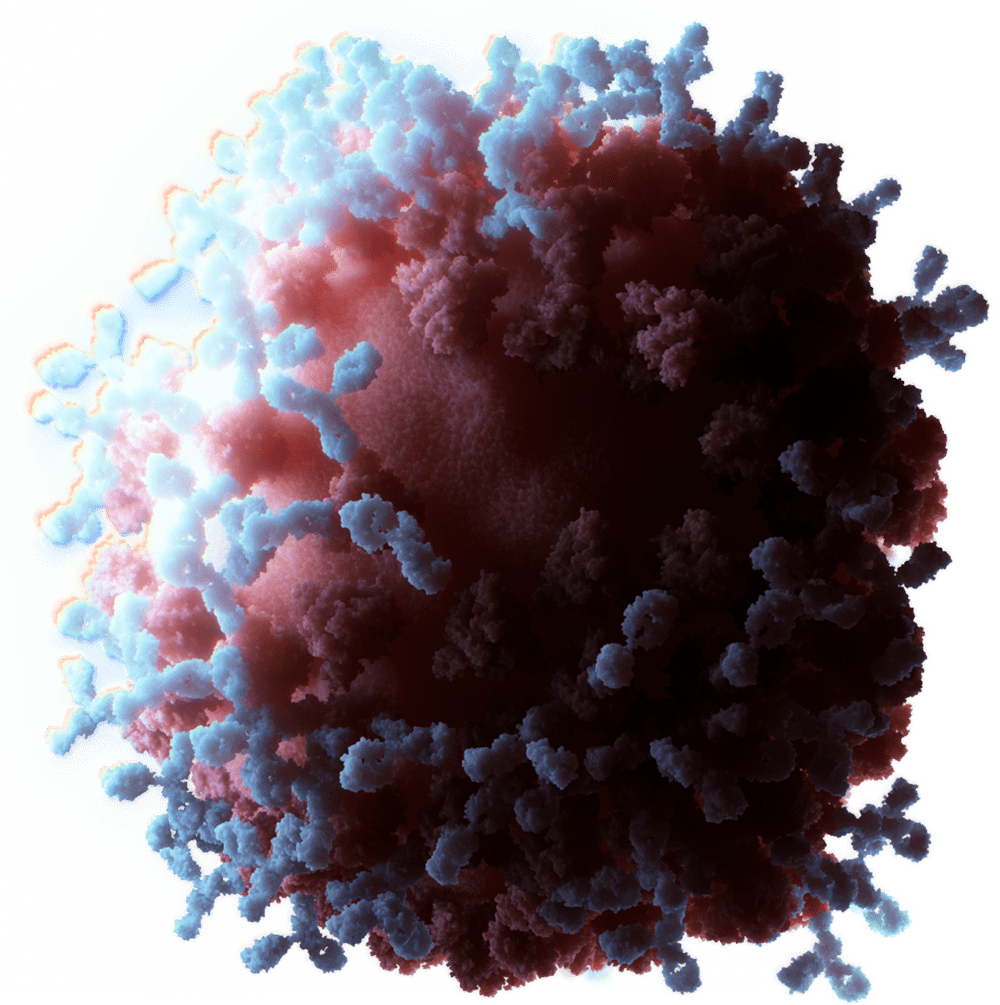IPD Translational Program
The Spinout Factory: How the Institute for Protein Design is Growing Seattle’s Biotech Sector
 Translational research aims to turn scientific discoveries into new treatments and therapies. At the Institute for Protein Design, our Translational Investigator Research Program allows entrepreneurial scientists — our own postdoctoral scholars and graduate students — to turn their first working versions of designed proteins into commercially viable assets. Trainees also receive the guidance needed to launch new companies.
Translational research aims to turn scientific discoveries into new treatments and therapies. At the Institute for Protein Design, our Translational Investigator Research Program allows entrepreneurial scientists — our own postdoctoral scholars and graduate students — to turn their first working versions of designed proteins into commercially viable assets. Trainees also receive the guidance needed to launch new companies.
Since 2008, we have created nine new biotechnology companies in the Seattle area. These companies have together raised over $1 billion dollars and now employ scores of professional scientists who are working to advance new vaccines, cancer treatments, scientific software, and more. Some spinouts have become publicly traded companies. One was acquired by a large pharmaceutical company in a sale worth over $300 million.
To date, these spinouts have returned over $17 million dollars back to the University of Washington. In other words, for every dollar invested in the IPD’s Translational Investigator Research Program, approximately one dollar has already been returned. As these companies develop products that reach the market, returns are expected to grow.
Our Translational Investigator Research Program consists of four phases. First, we bring diverse researchers under one roof to explore fundamental questions in protein science. All projects begin here — and often on a whiteboard.
Next, once a promising molecule or other asset has been developed, we offer Translational Investigators the tools, time, and space needed for breakthroughs to mature. Translational Investigators receive guidance from within the Institute and beyond.
At the startup phase, we encourage Translational Investigators to step into the role of founder. Projects at this stage remain at the UW while licensing agreements are inked and markets analyzed.
Finally, a mature startup becomes a full spinout company. Company formation with eventual employment is one important career path for researchers who train at our Institute.
Some scientists who progress through the entire program eventually return to the Institute. As Translational Advisors, these experienced professionals help promising research projects advance through the program.
Beyond the immense practical benefit of treating future patients, translational research also has the potential to drive scientific discovery. The process of turning an idea for a vaccine into an actual vaccine, for example, can reveal insights. This can lead to advances in basic science and the development of even more effective treatments and therapies.
Interested in launching your own startup in the protein design space? Contact Lance Stewart (ljs5@uw.edu). The next billion-dollar idea could be yours.
